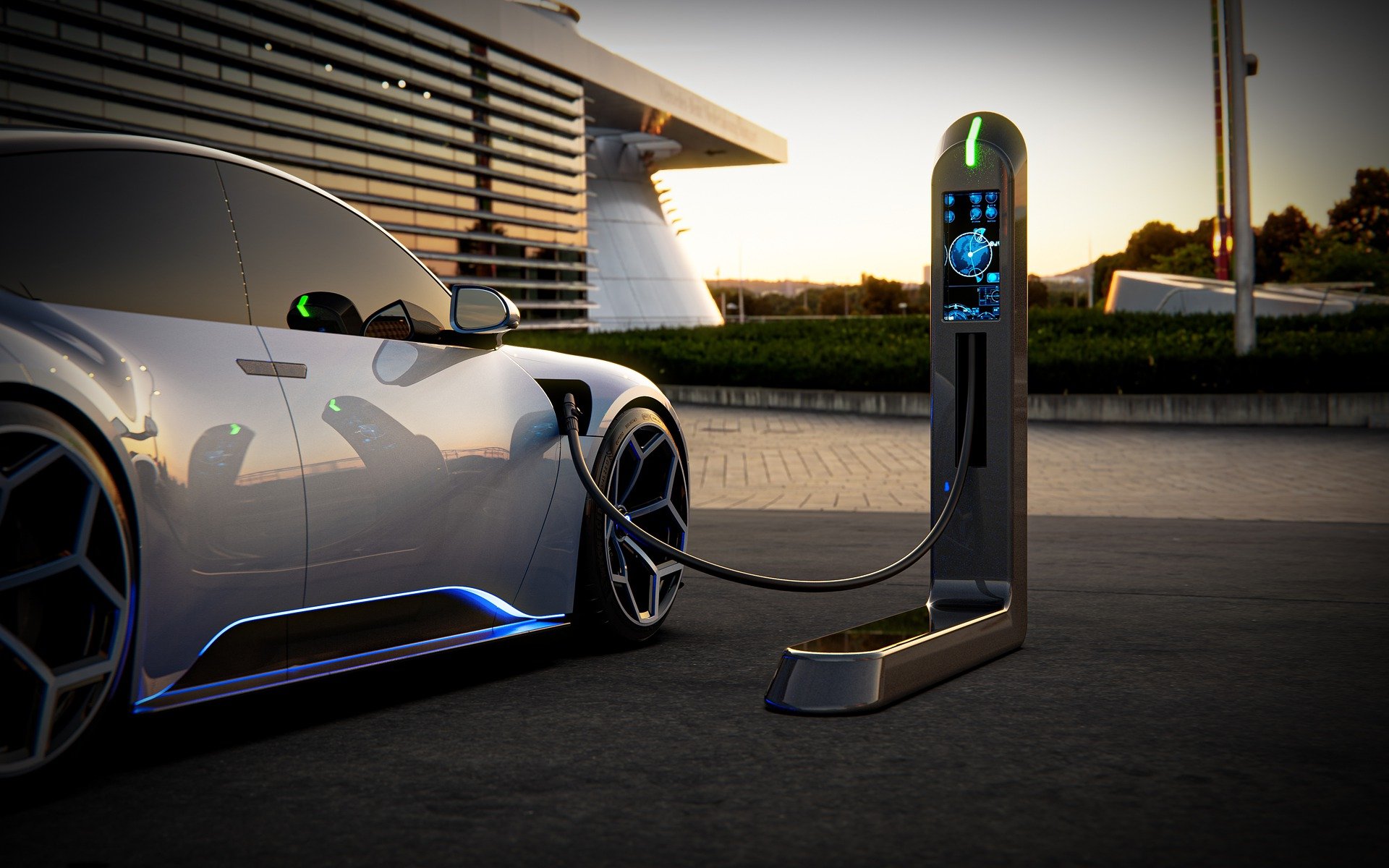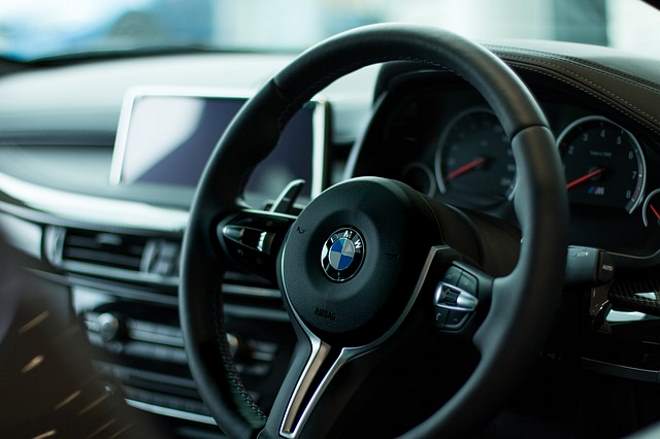The Unsung Heroes of the Automotive World: The Role of Differential Systems in Car Performance
Introduction: When it comes to vehicles, most discussions revolve around horsepower, torque, and even fuel efficiency. Yet, there's a crucial component that's often overlooked, but plays a significant role in your car's performance - the differential system. This article delves into the inner workings of differential systems, their evolution, and their impact on driving dynamics.

The Anatomy of a Differential System
The differential system is an integral part of any vehicle, playing a critical role in transmitting power from the engine to the wheels. The primary function of a differential is to allow the wheels to spin at different speeds, a necessity when cornering. During a turn, the inner wheels travel a shorter distance than the outer ones. Without a differential, this would lead to tire wear and put unnecessary strain on the drivetrain.
The Evolution of Differential Systems
The differential system’s history dates back to ancient times, yet it was not until the late 19th century that it was applied to automotive engineering. The first differential systems were mechanical and straightforward. However, as the demand for better handling and control grew, differentials evolved into more complex systems. Today’s differential systems are highly sophisticated, with features like limited-slip and electronic differential locking, designed to optimize traction and improve car handling.
Modern Differential Technologies and their Impacts
Modern differentials have embraced technological advancements to deliver improved performance. For instance, the Electronic Limited Slip Differential (ELSD) uses sensors and algorithms to detect wheel slip and apply braking force to the spinning wheel. This technology has immensely improved traction, particularly in high-performance cars and off-road vehicles. However, these advancements come with their challenges, such as increased complexity and potential for electronic failures.
The Unsung Role of Differentials in Car Performance
The differential’s role in a car’s performance is often overshadowed by more glamorous components like engines and transmissions. Yet, a well-functioning differential is critical for delivering power effectively to the wheels, ensuring smooth cornering, and maintaining stability during high-speed maneuvers. Without it, even the most powerful engine would struggle to deliver its promised performance.
The Future of Differential Systems
As the automotive industry continues to evolve, the differential system is not being left behind. Future trends point towards more electronic controls and integration with other vehicle systems for better handling and performance. Despite the challenges, these advancements promise a future where differential systems play an even more significant role in enhancing car performance.
In conclusion, the differential system is an unsung hero in the automotive world. Its role in enhancing car performance is undeniable, and as technology advances, differentials are set to become even more important. As car enthusiasts, it’s high time we appreciated the differential system for the crucial role it plays in our driving experience.




